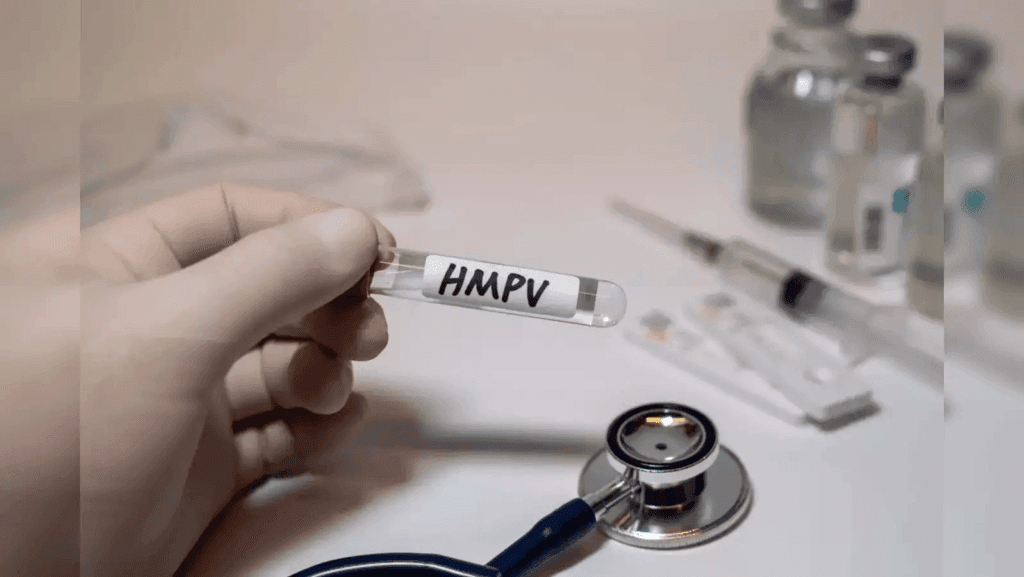
Sri Lankan health authorities have called for calm regarding reports of the spread of the Human Metapneumo virus (HMPV) in China, emphasizing that the virus is neither new nor cause for unnecessary panic. Senior Professor Nilika Malavige, addressing a press briefing today (Jan. 8), clarified that HMPV has been present globally for over 20 years and is not a novel or highly alarming threat.
HMPV Cases in Sri Lanka
Professor Malavige revealed that cases of HMPV were detected in Sri Lanka during the months of December 2023 and January 2024, based on prior investigations. She also stated that no testing for HMPV has been conducted in Sri Lanka so far this year. Furthermore, the virus was previously identified in patients from the Kandy region in 2024.
Comparing China’s HMPV Spread with Influenza Data
According to data from the World Health Organization (WHO), respiratory illnesses in China are currently more commonly caused by influenza viruses than HMPV. Professor Malavige highlighted this to underscore that HMPV does not pose as significant a threat as portrayed in some media reports.
Addressing Public Concerns
Professor Malavige expressed concern over exaggerated reports circulating in media, which have led to unnecessary alarm. “There’s this narrative in the media that China is facing a severe crisis with a dangerous new virus, and that we might even return to a pandemic scenario like COVID-19. But the truth is, HMPV has been around for over 20 years and has been detected globally, including in Sri Lanka,” she stated.
She explained that respiratory viruses, including HMPV, tend to re-emerge during colder seasons. “While Sri Lanka doesn’t experience extreme winters, many other countries do, and these viruses are more prevalent during December and January. We have even detected this virus in hospital cases in Kandy. However, these are not new or extraordinary findings, which is why they are rarely reported. Reporting on such routine occurrences is unnecessary, and there’s no reason for the public to panic,” she added.
No Need for Panic
Professor Malavige reiterated that there is no basis for fear regarding HMPV and stressed that it is a common respiratory virus. “It’s important to focus on facts and avoid unnecessary fear or sensationalism. This virus has been part of the global health landscape for years, and there is nothing extraordinary about its current presence,” she concluded.
Sri Lankan health authorities continue to monitor the situation and urge the public to remain calm while adhering to standard hygiene practices to prevent the spread of respiratory illnesses.